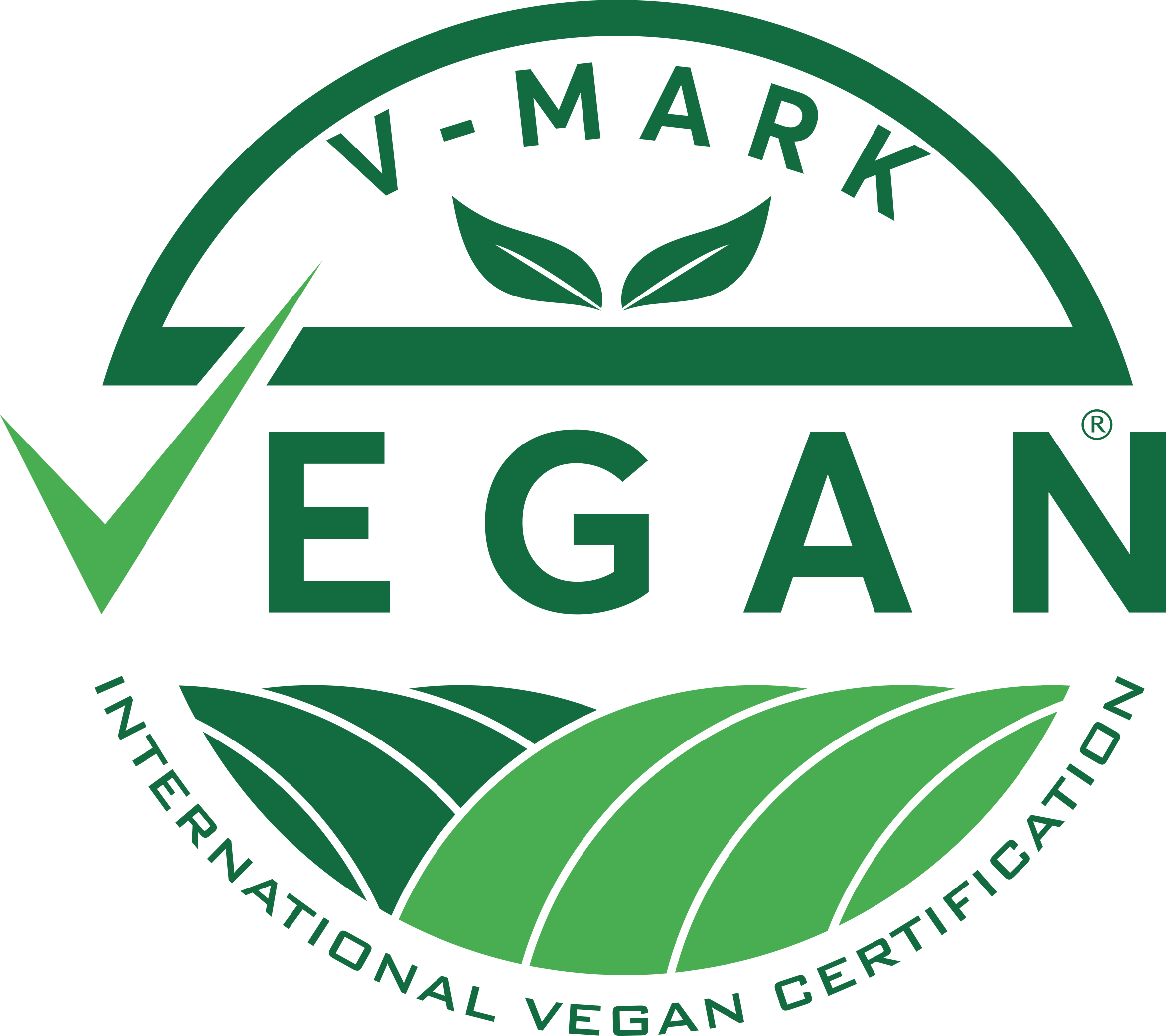The Implications of Vegan Labeling for Health and Nutrition
Vegan labeling is an important tool for communicating health and nutrition benefits to consumers. Labeling helps consumers make informed decisions and provides them with the information they need to make healthier choices. It is important to note that vegan labeling does not guarantee a product is healthier or more nutritious than its non-vegan counterpart.

Vegan labeling can be used to highlight the absence of animal products in a product and to help consumers identify vegan options. This can be particularly beneficial for those who are looking to make more healthful food choices. In addition, vegan labeling can make it easier to identify products without animal-derived ingredients, such as gelatin.
Vegan labeling can also provide valuable information about the nutritional content of a product. For example, vegan labeling can provide information about the amount of protein, carbohydrates, vitamins, and minerals in a product. This can be particularly beneficial for those looking to make more healthful choices.
Finally, vegan labeling can help to reduce the environmental impact of food production. By avoiding animal-derived ingredients, vegan labeling can help to reduce the amount of resources used in food production and reduce the amount of waste generated.
In conclusion, vegan labeling can be a useful tool for communicating health and nutrition benefits to consumers. It can help consumers make informed decisions and can provide them with the information they need to make healthier choices. In addition, it can provide valuable information about the nutritional content of a product and can help to reduce the environmental impact of food production.
Certification
- A Guide to Vegan Certification
- Exploring Vegan Markings
- Exploring Vegan-Friendly Products
- Exploring the Advantages of Vegan Marking
- Exploring the Benefits of Vegan Certification for Non-Food Products
- Exploring the Benefits of Vegan Certification for Wholesalers
- Exploring the Benefits of Vegan Certification for the Environment
- Exploring the Benefits of Vegan Labeling for Food Retailers
- Exploring the Benefits of Vegan Labeling for the Economy
- Guidelines for Vegan Labeling
- How to Apply for Vegan Certification
- How to Obtain Vegan Certification
- How to Set Up a Vegan Certification Program
- Key Considerations for Obtaining Vegan Certification
- Navigating the Challenges of Vegan Certification
- The Advantages of Having a Vegan Mark
- The Advantages of Vegan Labeling for Businesses
- The Benefits of Being Certified as a Vegan Product
- The Benefits of Having a Vegan Mark
- The Benefits of Vegan Certification for Food Distributors
- The Benefits of Vegan Certification for Food Manufacturers
- The Benefits of Vegan Certification for Food Suppliers
- The Benefits of Vegan Labeling for Animal Welfare
- The Benefits of Vegan Labeling for Businesses
- The Benefits of Vegan Labeling for Consumers
- The Benefits of Vegan Labeling for International Trade
- The Benefits of Vegan Labeling for Restaurants
- The Benefits of Vegan Labeling
- The Challenges of Obtaining Vegan Certification for Food Products
- The Challenges of Obtaining Vegan Certification
- The Difference Between Vegan and Non-Vegan Labeling
- The Impact of Vegan Certification on Food Prices
- The Impact of Vegan Labeling on Consumers
- The Implications of Vegan Labeling for Health and Nutrition
- The Importance of Vegan Marking for Businesses
- The Necessity of Vegan Certification for Food Products
- The Necessity of Vegan Marking for Food Products
- The Process of Obtaining Vegan Certification
- The Pros and Cons of Vegan Certification
- The Significance of Vegan Certification for Businesses
- The Significance of Vegan Certification for Food Safety
- The Significance of Vegan Labeling for Businesses
- The Significance of Vegan Labeling for Food Labels
- Understanding the Basics of Vegan Labeling
- Understanding the Benefits of Vegan Labeling for Food Producers
- Understanding the Different Types of Vegan Labeling
- Understanding the Impact of Vegan Labeling on the Food Industry
- Vegan Labeling Requirements and Regulations
- Vegan Product Labeling Requirements
- What is Vegan Certification?
- What is Vegan Mark?

GET CERTIFIED
